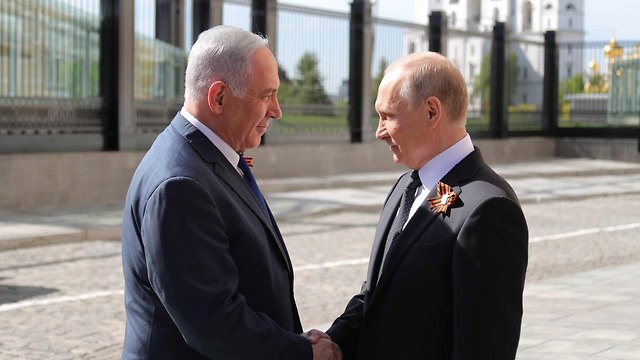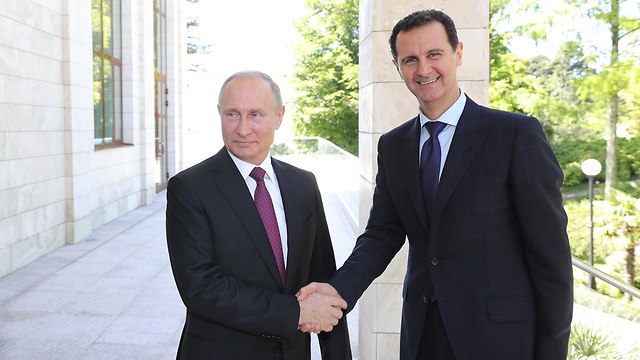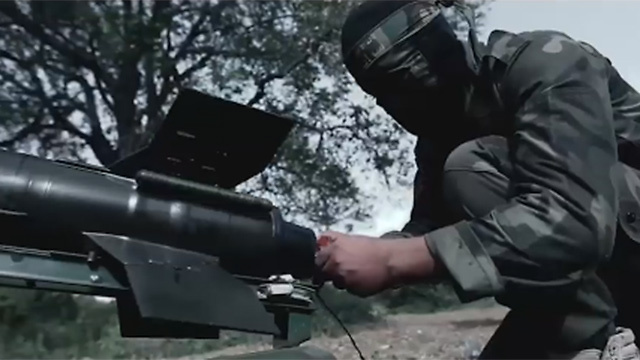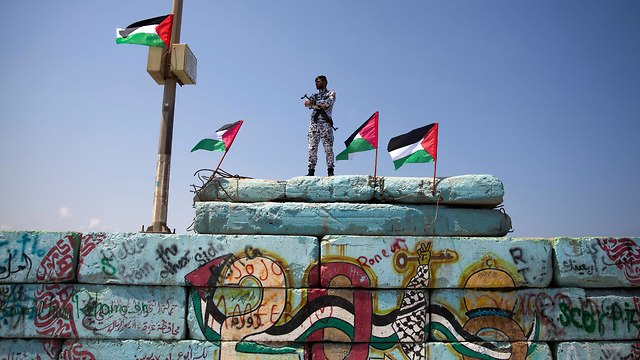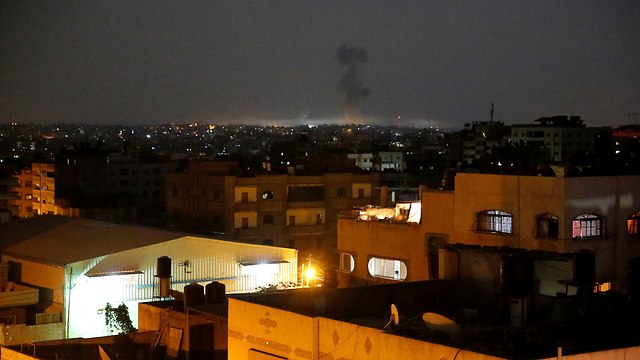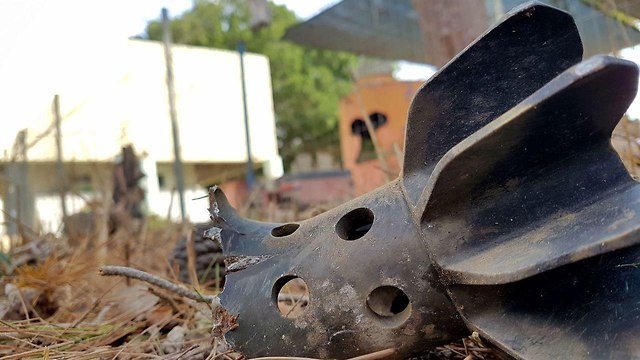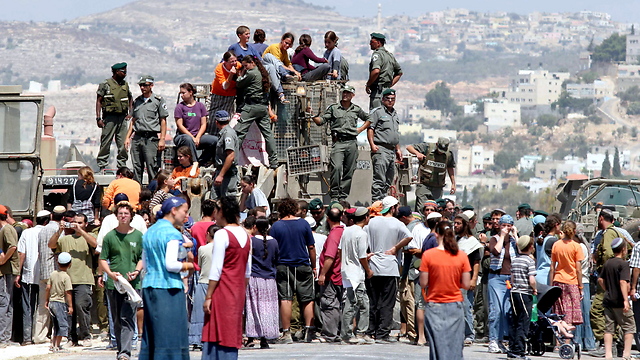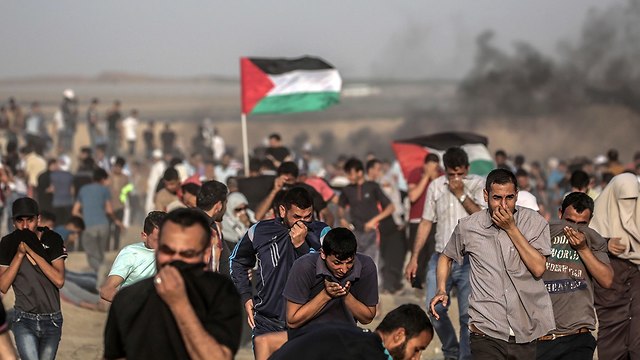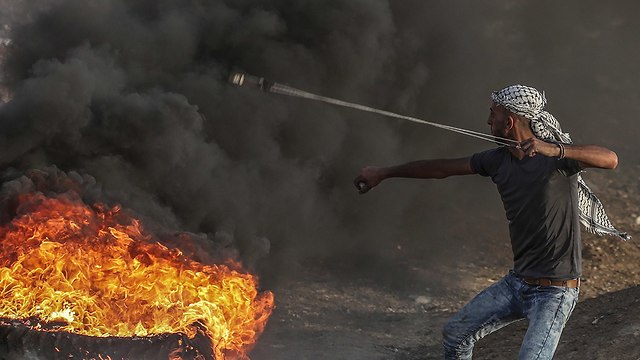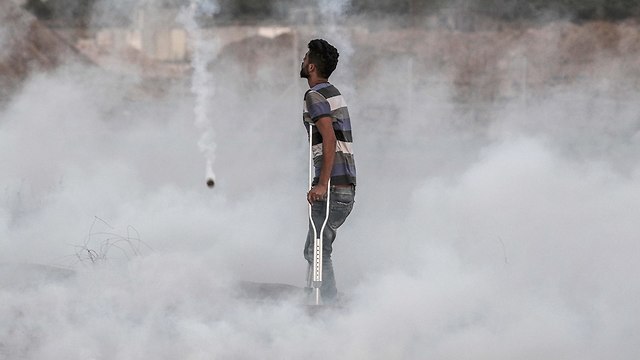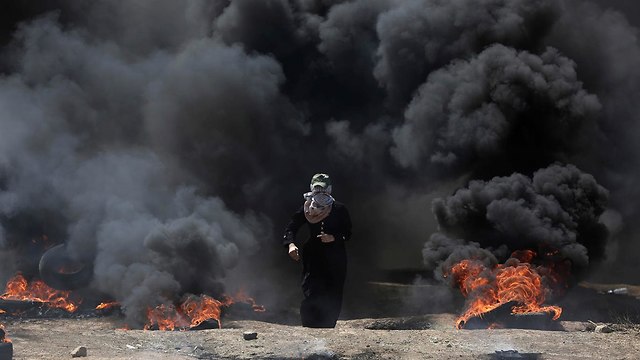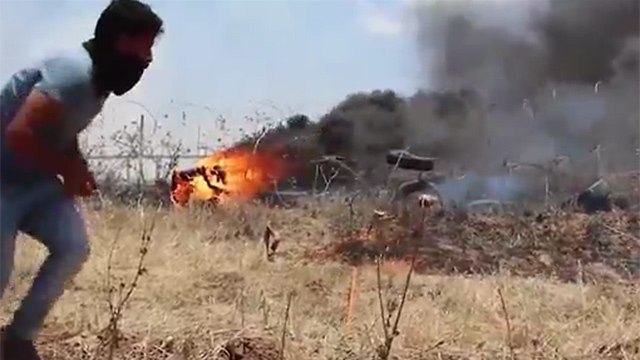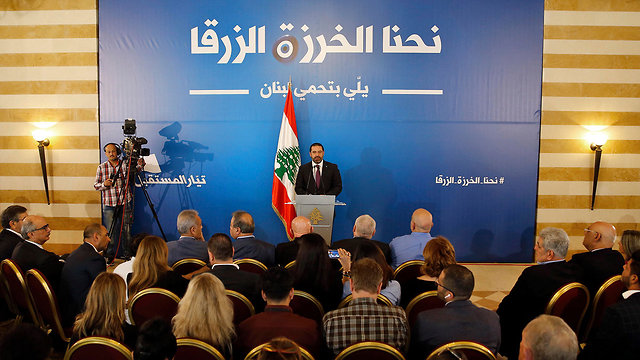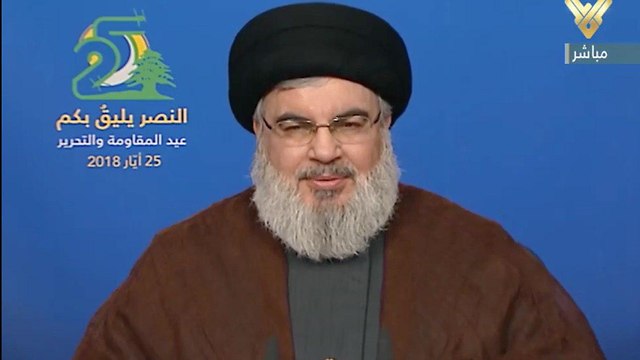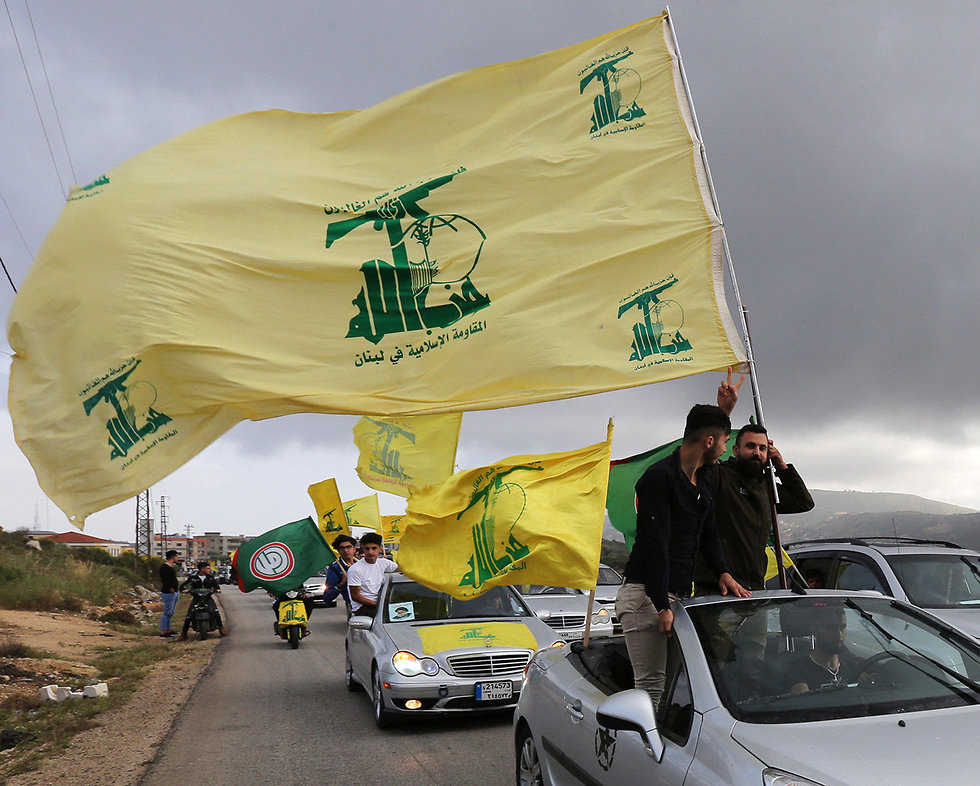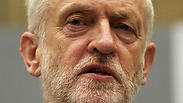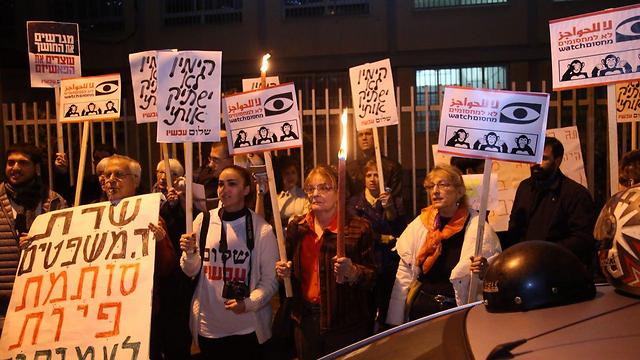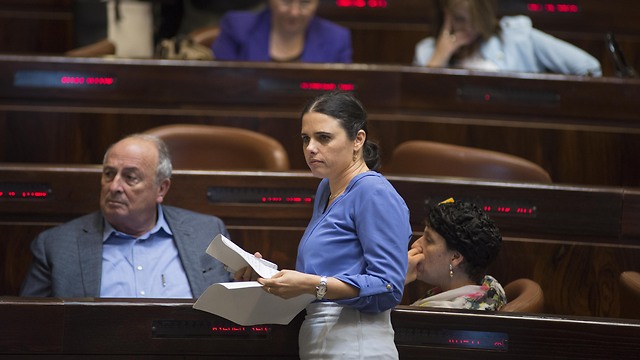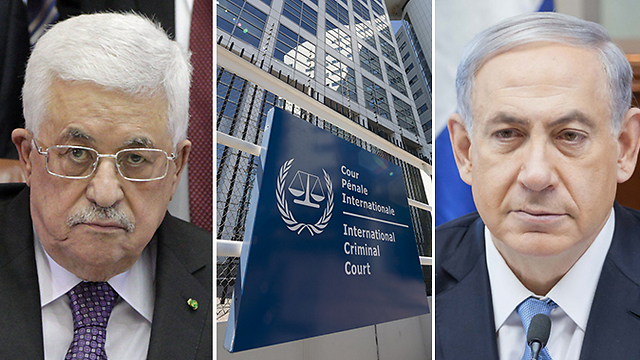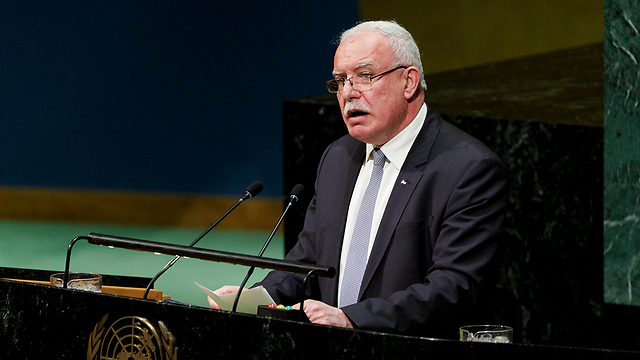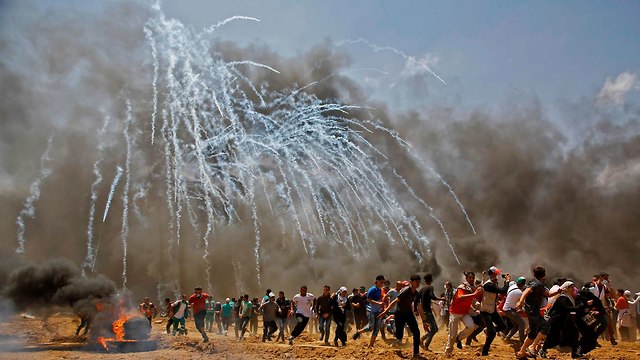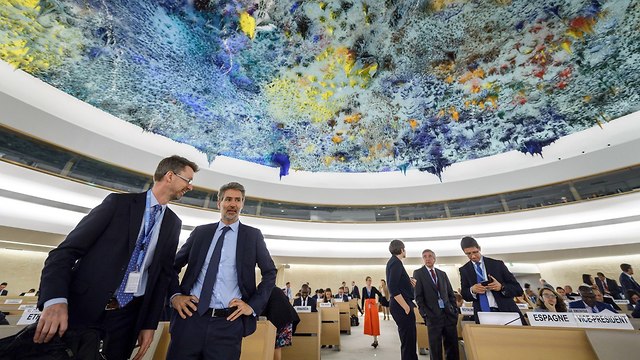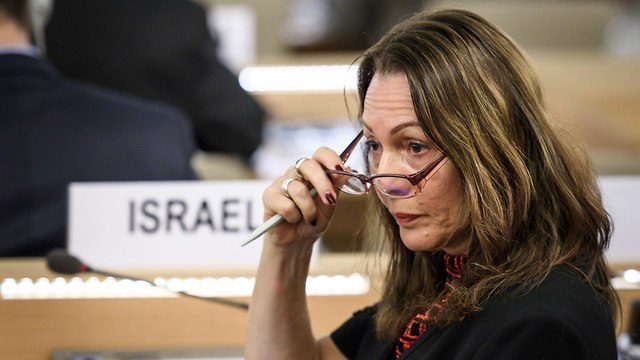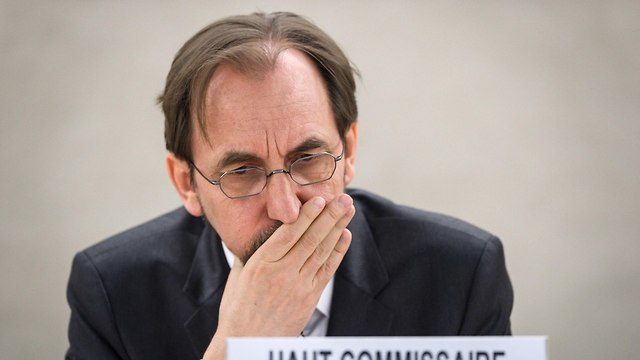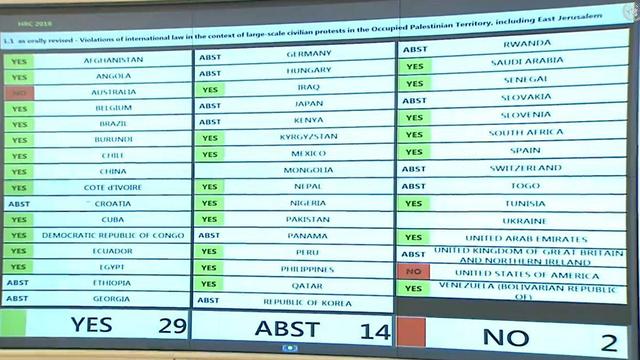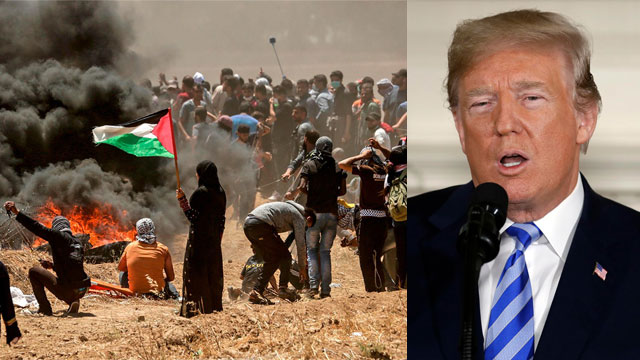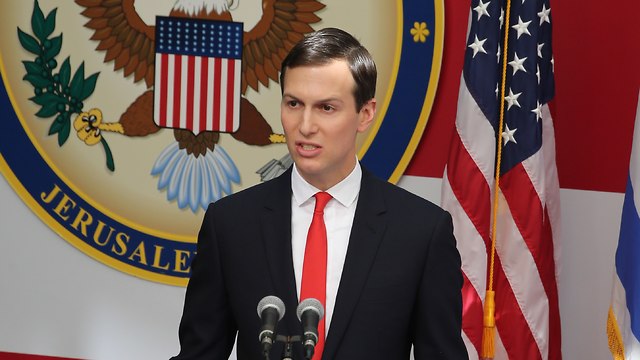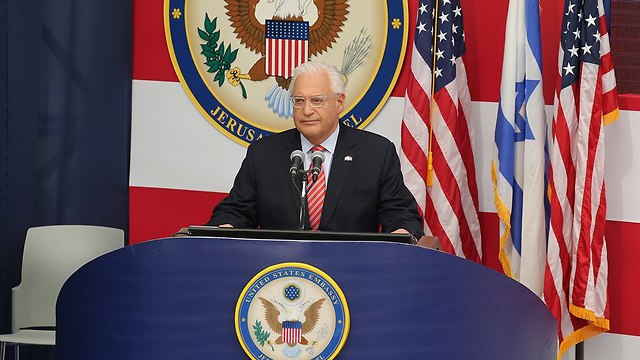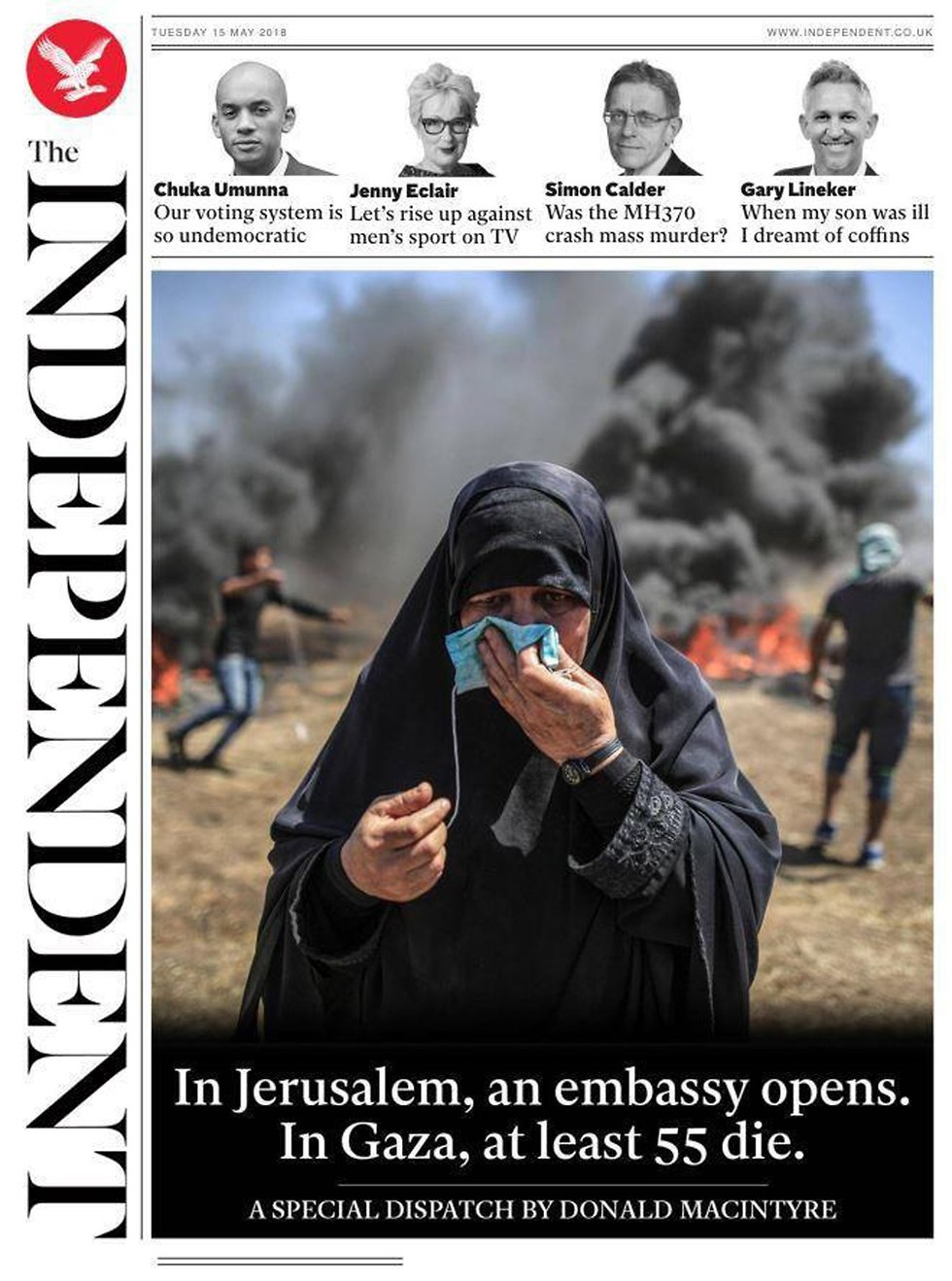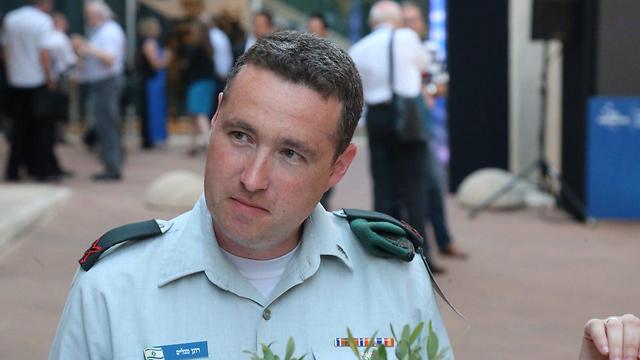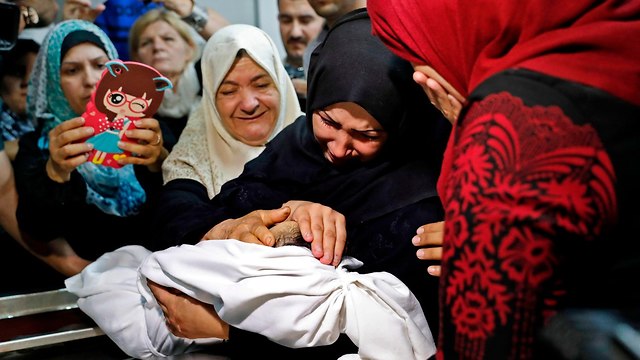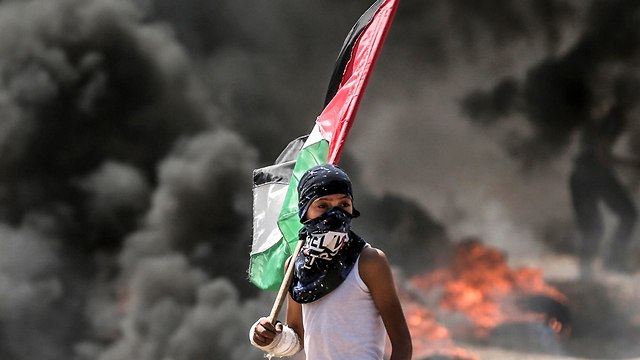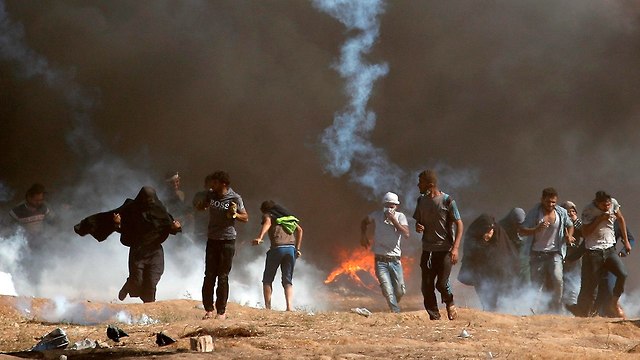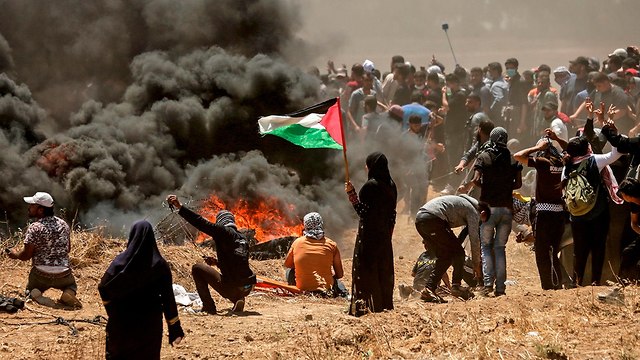Now, Putin wants to make the most of his achievements by producing economic advantages from Syria's reconstruction after it was destroyed in the civil war. He also wants to pull out a considerable part of his forces to reduce his expenses.
To achieve all this, however, Russia needs two things: To impose the rule of Syrian President Bashar Assad and his regime on all Syrian territory—militarily and operationally, to reach a diplomatic arrangement that will end the civil war and facilitate the development of the economic initiatives, and to restore the regime’s army. If he succeeds, Putin will gain an international achievement and exceptional prestige, which may even exceed the American achievement in opening a dialogue with North Korea.
All this is important to understanding why the Russians have an interest in preventing a conflict between Israel, Iran, the Assad regime and Hezbollah on Syrian territory, and also why Russia seems to be standing by Israel now in its demand to remove “the foreign forces” from Syria.
Putin isn’t doing this out of love for Prime Minister Benjamin Netanyahu or for Israel, but because Iran is getting in the way of his efforts to stabilize the situation in Syria and trying to compete with him over the economic projects, oil, gas and phosphate initiatives, which Russia hopes to gain millions from (these are projects the Assad regime is competing for too).
But beyond the Iranians’ economic competition with the Russians, the conflict between the IDF and the Revolutionary Guards, which are trying to entrench themselves in Syria and create a front against Israel there, is threatening any possible arrangement in Syria.
Moreover, the conflict between Israel and Iran on Syrian territory may lead to the collapse of the Assad regime, which has been forced to give the Iranians shelter in its military bases and security apparatuses, as Assad quickly retakes additional parts of his country with the Russians’ help.
The Russians have a major interest in preserving the Assad regime, as it legitimizes the continuation of their deep involvement in every area of life in Syria. Thanks to Assad, the Russians are Syria's “managers” and have access to the eastern basin of the Mediterranean Sea. Assad, however, can’t say no to the Iranians, who are demanding that he turn his country into a rocket launching pad and terror base against Israel and a logistic base for Hezbollah.
The Iranians are demanding economic privileges, which Assad and the Russians are refusing to give them. It’s important to note that thanks to the Russian aerial aid and the Russian intervention in obtaining local and regional truces, Assad now controls 70 percent of Syria. He no longer needs the Pakistani, Afghan and Iraqi Shiite militias, and he hardly needs Hezbollah to carry out ground offensives.
The Syrian army, which has been equipped and stregthened by the Russians, is already doing well on its own. This is another reason why, if Putin has to choose between an Iranian entrenchment and a conflict with Israel, he favors the strong side—Israel. The IDF has been proving since the beginning of 2018 that it is the strongest neighborhood thug, which the Iranians are incapable of dealing with at the moment.
Moreover, the IDF hasn’t hesitated to target the bases Assad gave the Iranians, and if the Syrian aerial defense systems try to hit Israel Air Force aircraft, they sustains heavy losses. Half of Syria's antiaircraft and antimissile battery systems no longer exist, and if the conflict between Israel and Iran on Syrian territory continues, Assad may lose control over part of his country and the ability to take over the rest. The Russians, therefore, are demanding the removal of foreign forces from Syria, including the Turks who have torn an extensive part of northeastern Syria from the Syrian state to fight the Kurds.
Russia wants Assad to control Syria. Iran, the militias and Hezbollah are getting in its way. So the Russians are demanding that the Iranians pull out of Syria and let Assad reap the fruits. But the Russians also want to take advantage of the good relations established with Israel to let Assad occupy the Syrian Golan Heights and southern Syria, including the town of Daraa on the Jordanian border, without any resistance.
That’s why the Russian defense minister summoned Defense Minister Avigdor Lieberman to offer him a deal: We won’t let the Iranians advance to a distance of several dozen kilometers from the border fence with Israel, and you won’t get in the Assad army’s way as it takes over the Syrian Golan Heights and southern Syria.
US Secretary of State Mike Pompeo demands that Iran pull out of Syria (Video: Reuters) (צילום: רויטרס)
Israel won’t accept this deal. It won’t accept an Iranian presence or the presence of any of Iran’s proxies on Syrian territory, as every place they are in will develop into an operation base and a base for the production of precision-guided weapons against Israel.
Israel’s stance is backed by the US, and the Russians aren’t interested in a conflict with the US at the moment. Among the 12 points he mentioned, US Secretary of State Mike Pompeo said Iran must end its involvement in Syria and its proxies’ involvement, and the Americans proved recently that they stand behind Israel’s demands on this issue, both diplomatically and in other areas.
In Moscow, Minister Lieberman will have to make it clear to his Russian colleague that Israel won’t settle for the Russian offer about the Golan Heights and that Russia must implement its demand that all foreign forces leave Syria. Only then will Israel have no objection to the continuation of the Assad rule there, which is what the Kremlin wants.
In Syria, Iran is getting in Putin’s way too : https://ift.tt/2skT5X1